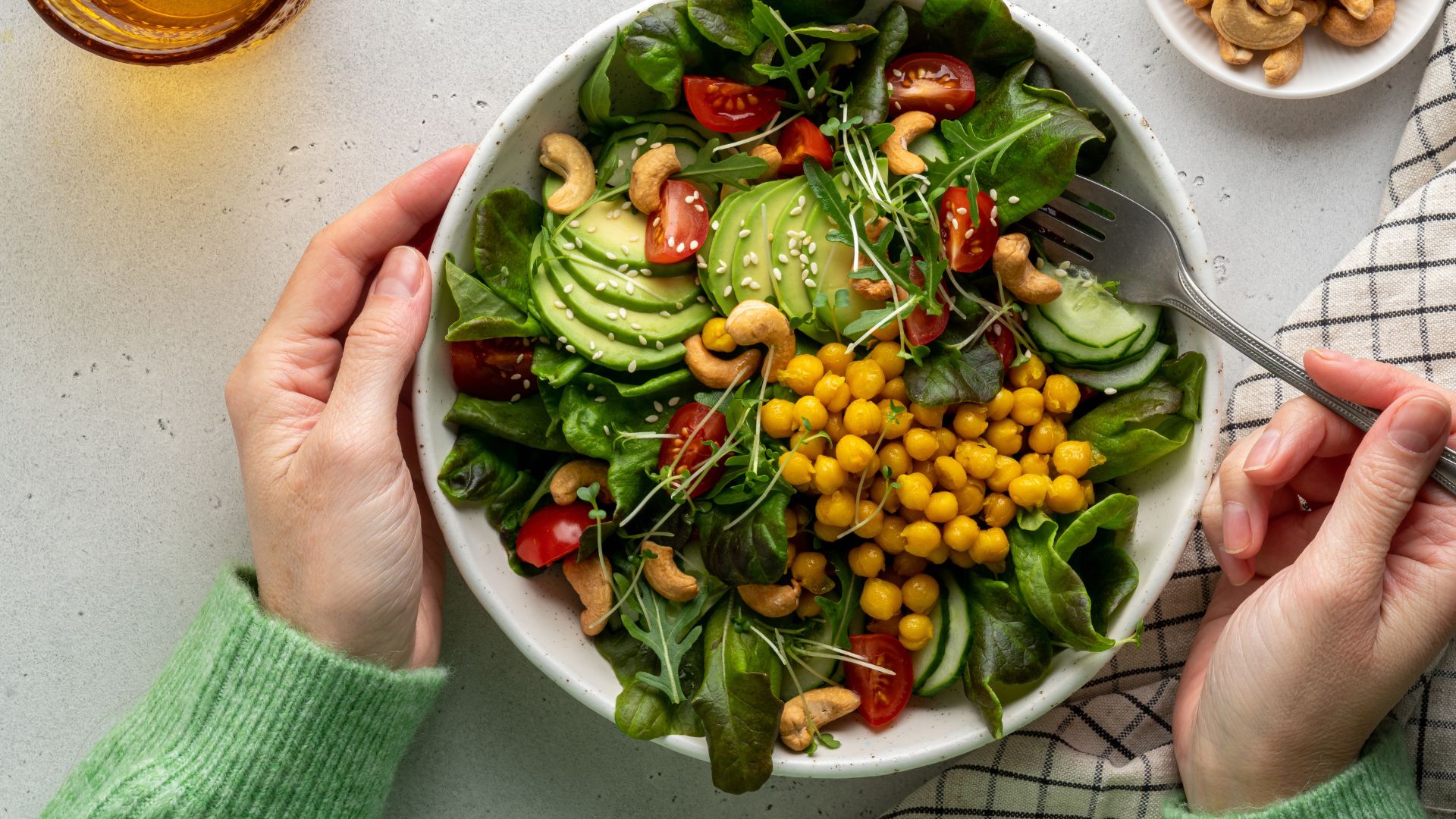Beyond Probiotics: Unlocking the Power of Postbiotics for a Healthier Gut - Expert Insights

What are Postbiotics? The Science Explained
Simply put, postbiotics are the beneficial byproducts created when probiotics (the good bacteria in your gut) ferment food. Think of it as the 'waste' products of the probiotics, but instead of being waste, they're incredibly valuable for your health! These byproducts include short-chain fatty acids (SCFAs), enzymes, peptides, and even gases like hydrogen and carbon dioxide. SCFAs, in particular, are a superstar – they nourish the gut lining, regulate inflammation, and contribute to overall gut health.
Why the Growing Interest in Postbiotics?
While probiotics have long been touted for their gut-boosting benefits, postbiotics offer a unique and compelling advantage. Here's why they’re gaining so much attention:
- Stability: Unlike probiotics, which can be sensitive to stomach acid and heat, postbiotics are more stable and survive the journey to the gut intact, ensuring they can exert their beneficial effects.
- Direct Action: Postbiotics directly interact with the gut environment, influencing various aspects of gut health, from inflammation to nutrient absorption.
- Synergistic Effect: They work synergistically with probiotics and prebiotics, creating a more comprehensive approach to gut health. While probiotics introduce good bacteria, postbiotics support their activity and amplify their benefits.
The Benefits of Postbiotics: More Than Just Digestion
The benefits of postbiotics extend far beyond improved digestion. Research suggests they play a role in:
- Boosting Immunity: A healthy gut is essential for a strong immune system, and postbiotics help to modulate immune responses.
- Reducing Inflammation: SCFAs, a key type of postbiotic, have anti-inflammatory properties that can benefit various conditions.
- Improving Mental Health: The gut-brain axis is a well-established connection, and postbiotics can influence brain function and mood.
- Supporting Nutrient Absorption: Postbiotics can enhance the absorption of essential nutrients from food.
How to Incorporate Postbiotics into Your Diet
The good news is, you don’t need to take a specific postbiotic supplement (though these are emerging!). You can naturally increase your postbiotic intake by:
- Eating Fermented Foods: Yogurt, kefir, sauerkraut, kimchi, and kombucha are rich sources of probiotics, which in turn produce postbiotics.
- Consuming Prebiotic-Rich Foods: Foods like onions, garlic, leeks, asparagus, and bananas feed probiotics, promoting the production of postbiotics.
- Focusing on Fiber: Fiber is the primary food source for gut bacteria, so a high-fiber diet supports the production of SCFAs.
The Future of Gut Health: Postbiotics Take Center Stage
As research continues to unravel the complexities of the gut microbiome, postbiotics are poised to play an increasingly important role in promoting health and preventing disease. While probiotics and prebiotics remain valuable tools, understanding the power of postbiotics offers a new and exciting avenue for optimizing gut health and overall well-being. Consider incorporating these strategies into your daily routine to reap the rewards of a thriving gut microbiome!






